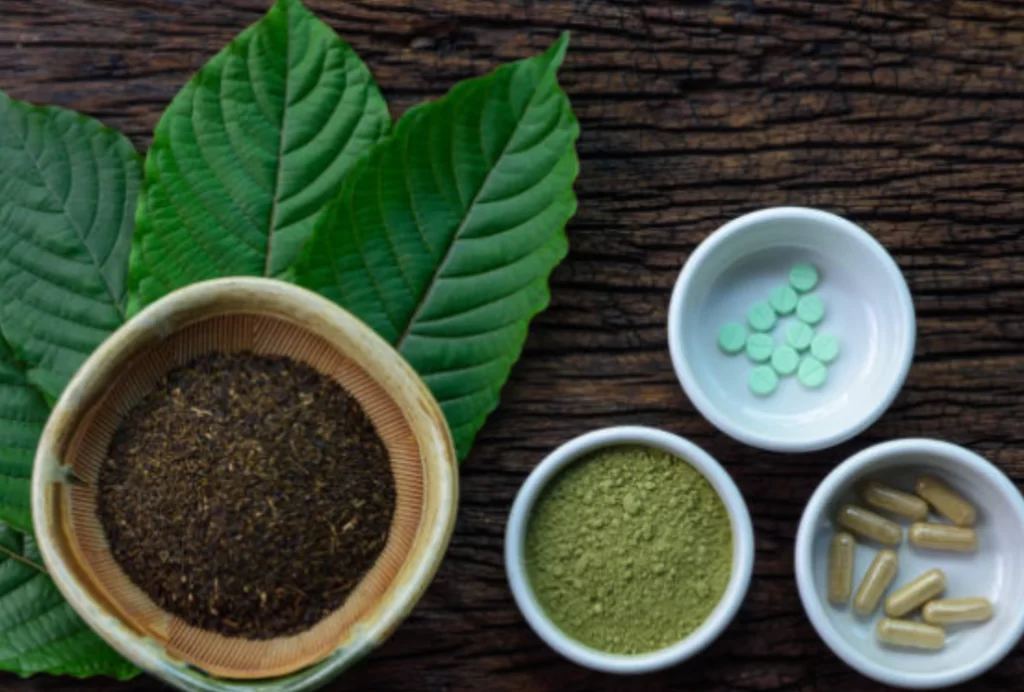The Promise of Kratom Natural Solutions for Pain Sufferers
admin
- 0
Kratom, a natural herb derived from the leaves of the Mitragyna speciosa tree native to Southeast Asia, has garnered significant attention in recent years for its potential as a natural solution for pain sufferers. This plant has a long history of traditional use in countries like Thailand, Malaysia, and Indonesia, where it has been consumed for its stimulant and analgesic properties. One of the key promises of kratom lies in its ability to offer pain relief without the addictive properties commonly associated with opioids and other synthetic pain medications. Mitragynine and 7-hydroxymitragynine, the primary alkaloids present in kratom, interact with opioid receptors in the brain, producing analgesic effects similar to opioids but with a lower risk of respiratory depression and addiction. For individuals dealing with chronic pain conditions such as arthritis, fibromyalgia, or back pain, kratom may provide a natural alternative to pharmaceutical drugs. Many users report experiencing significant pain relief and improved quality of life after incorporating kratom into their wellness routines.

Moreover, kratom’s versatility allows it to address various types of pain, including neuropathic pain, inflammatory pain, and nociceptive pain. This broad spectrum of efficacy makes it appealing to a wide range of pain sufferers seeking non-addictive options for managing their symptoms. Beyond pain management, kratom offers additional potential benefits. It has been praised for its energizing effects, making it popular among individuals looking for a natural boost in energy and focus. Additionally, some users have reported mood-enhancing properties, best kratom for pain with kratom promoting feelings of relaxation, well-being, and stress reduction. However, it is essential to approach kratom use responsibly and be aware of potential risks and considerations. While kratom is generally considered safe when used in moderation, excessive consumption or misuse can lead to adverse effects such as nausea, dizziness, constipation, and tolerance development.
Furthermore, there have been concerns about the lack of regulation and quality control in the kratom industry, leading to variability in product potency and purity. To ensure safety and efficacy, it is crucial to source kratom from reputable suppliers who conduct rigorous testing and adhere to quality standards. Additionally, individuals with certain medical conditions or those taking medications should consult with a healthcare professional before using kratom, as it may interact with certain drugs or exacerbate pre-existing health issues. kratom holds promise as a natural solution for pain sufferers seeking alternatives to conventional medications. Its analgesic properties, coupled with its potential mood-enhancing and energizing effects, make it a compelling option for those looking to manage pain and improve overall well-being. However, responsible usage, proper sourcing, and consultation with healthcare professionals are essential to maximize the benefits of kratom while minimizing potential risks. With further research and regulation, kratom could continue to emerge as a valuable tool in the realm of natural pain management.